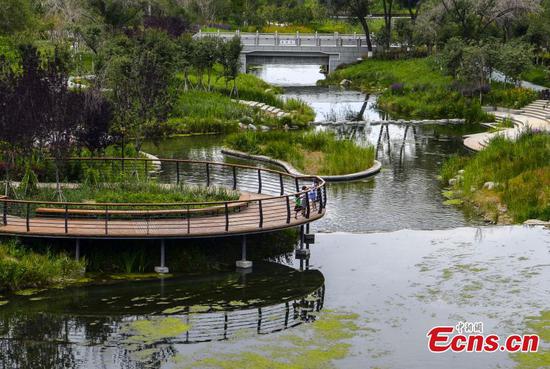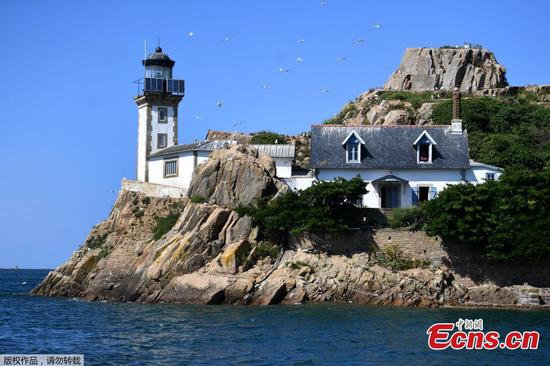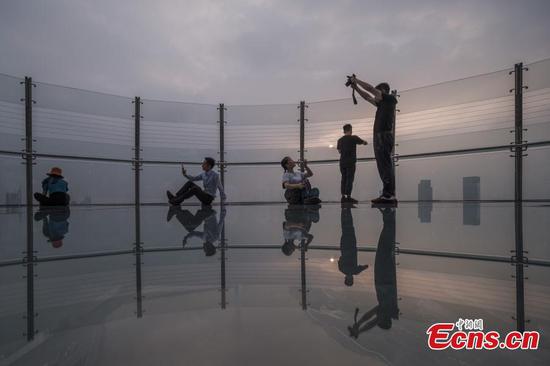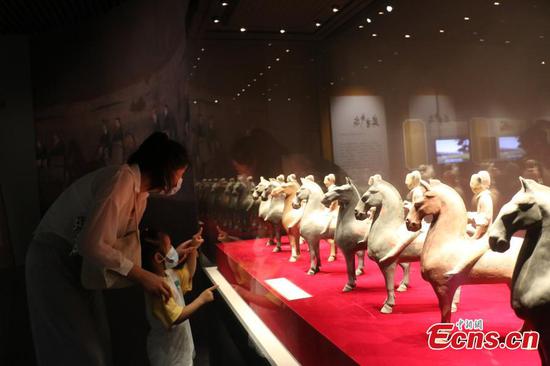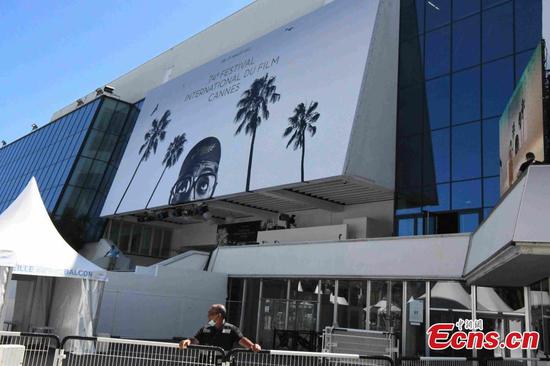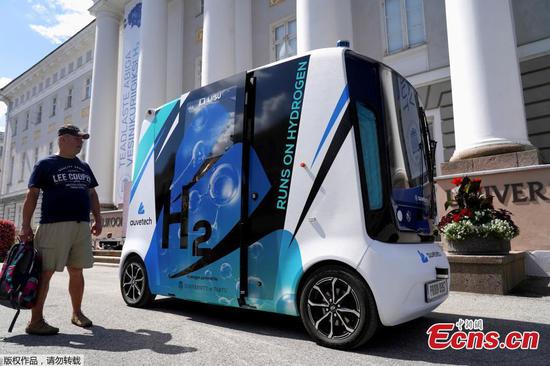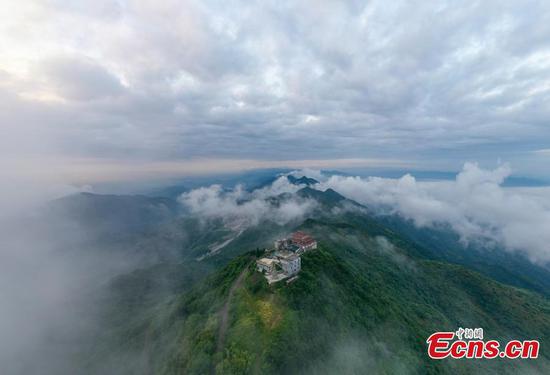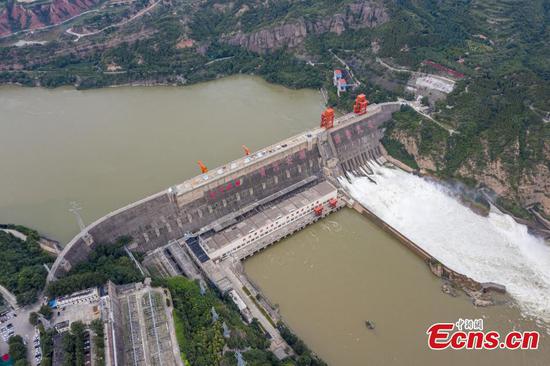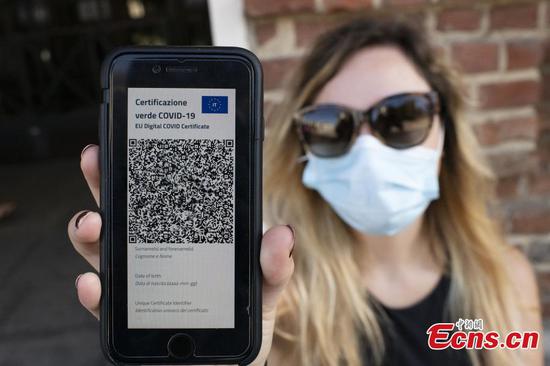Former U.S. president Donald Trump is suing three of the largest tech companies in the United States on the grounds that they have deprived him and other conservatives of their constitutional rights to free speech.
Trump announced the actions against Facebook, Twitter and Google's YouTube, along with the California-based social media companies' CEOs — Mark Zuckerberg, Jack Dorsey and Sundar Pinchai, respectively — at a news conference in Bedminster, New Jersey, on Wednesday. He was joined by other plaintiffs in the suits, which were filed in federal court in Miami.
"We're asking the U.S. District Court for the Southern District of Florida to order an immediate halt to social media companies' illegal, shameful censorship of the American people, and that's exactly what they are doing," Trump said. "We're demanding an end to the shadow banning, a stop to the silencing and a stop to the blacklisting, banishing and canceling that you know so well. Our case will prove this censorship is unlawful, it's unconstitutional and it's completely un-American."
The lawsuits argue that banning or suspending Trump and the other plaintiffs is a violation of the U.S. Constitution's First Amendment. The suit against Facebook and Zuckerberg say Facebook acted unconstitutionally when it removed Trump from the platform. The filings against Twitter and YouTube make similar claims.
Facebook, Google and Twitter all declined to comment Wednesday.
"The lawsuit is a legally frivolous publicity stunt that has essentially no chance of succeeding in court but a high chance of drawing a lot of attention," Blake Reid, a clinical professor at the University of Colorado Law School, told The New York Times.
All three lawsuits ask the court to award unspecified damages, declare Section 230 of the 1996 Communications Decency Act unconstitutional and restore Trump's accounts, along with those of the other plaintiffs.
Under Section 230, social media platforms are allowed to moderate their services by removing posts deemed obscene or that violate the services' own standards, so long as they are acting in good faith. The law also generally exempts internet companies from liability for the material that users post.
Trump said that "social media has given extraordinary power to a group of Big Tech giants that are working with government, the mainstream media and a large segment of a political party to silence and suppress the views of the American people, and they've been very, very successful at that".
"While the social media companies are officially private entities, in recent years they have ceased to be private with the enactment and their historical use of Section 230, which profoundly protects them from liability," he said.
Trump was suspended from Twitter, Facebook and YouTube after his followers stormed the Capitol building on Jan 6.
Trump is seeking class action status for the lawsuits, meaning he would represent the interests of other users of the three websites who claim they have been unfairly treated.
National Review Online Editor Philip Klein wrote that when Trump was "president and leader of the party with majority control of Congress, he had plenty of levers at his disposal to try and target Big Tech. He could have gone after them by issuing new regulations or pushing for an anti-trust case against them. … But he didn't."
A federal judge in Florida last week blocked a recently enacted state law the objective of which was to authorize the state to penalize social media companies when they ban political candidates, with the judge saying the law likely violated free speech rights.
The lawsuit said the bill signed by Florida's Republican Governor Ron DeSantis in May was unconstitutional. It would have made Florida the first state to regulate the moderation of online speech by social media companies.









